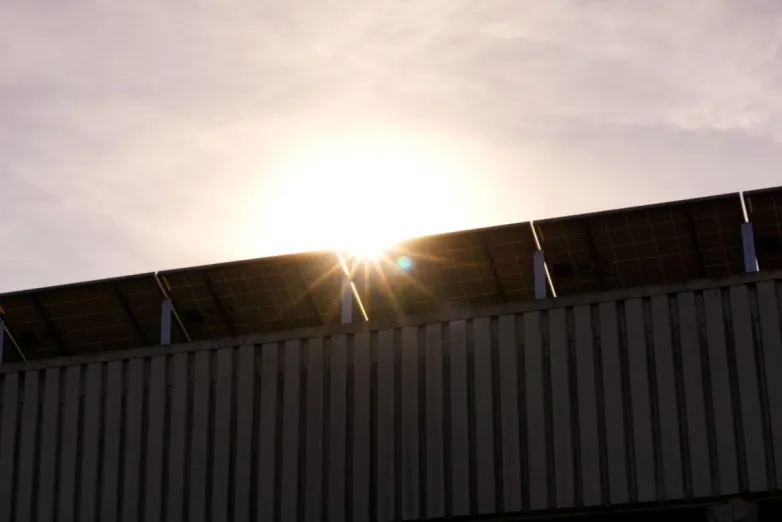European consortium bid to bring 25.4%- effective heterojunction-IBC solar cell into automation
- The EU-funded Nextbase project intends to produce heterojunction, interdigitated back-contact solar components for less than EUR0.275/ W. Solar panels including the Nextbase cell tech are anticipated to have a conversion effectiveness of 23.2%, according to the European Commission.

The Nextbase project backed by the European Commission with EUR3.8 million, joins European companies as well as research institutes intending to make photovoltaic panels with heterojunction (HTJ) and also interdigitated back-contact (IBC) modern technology.
A statement provided by the commission said production tools supplied by Swiss HJT company Meyer Burger would be utilized to produce 25.4%- efficient HTJ-IBC solar cells on a commercial scale.
That effectiveness figure would comprise "a European record for an industrially-feasible variation of IBC-SHJ [silicon heterojunction] modern technology," said project planner Kaining Ding, of German proving ground Forschungszentrum Jülich GmbH, which is a partner in the campaign. Ding included: "The present lab world document for a silicon solar cell is 26.7%, which was also based on the IBC-SHJ principle but was very costly to make. Our technique is close to the optimum level."
Model
Nextbase consortium scientists have created a prototype four-cell by four-cell solar module they claim shown efficiency of 23.2%. The research team stated it has likewise created a manufacturing procedure to enable the production of its PV panels for less than EUR0.275/ W, a figure they claim is close to that of common Asian-made PV modern technologies.
The research project, which has a complete budget plan of EUR4.4 million, will certainly currently attempt to use the cell technology on large-area modules and also industrialize manufacturing.
The various other project companions are Italian energy Enel, that makes bifacial HJT panels in Catania; the Netherlands-based Delft University of Technology, product scientific researches firm DSM as well as grant working as a consultant Uniresearch; German research institutes the Helmholtz-Zentrum Berlin and Fraunhofer Institute for Solar Energy Systems; French and Belgian peers the National Solar Energy Institute and Imec, respectively; Switzerland's École Polytechnique Fédérale de Lausanne and the Swiss Center for Electronics and also Microtechnology; Norwegian monocrystalline silicon crystal provider Norwegian Crystals; and the Institute of Physics of the Czech Academy of Sciences.
Also read

